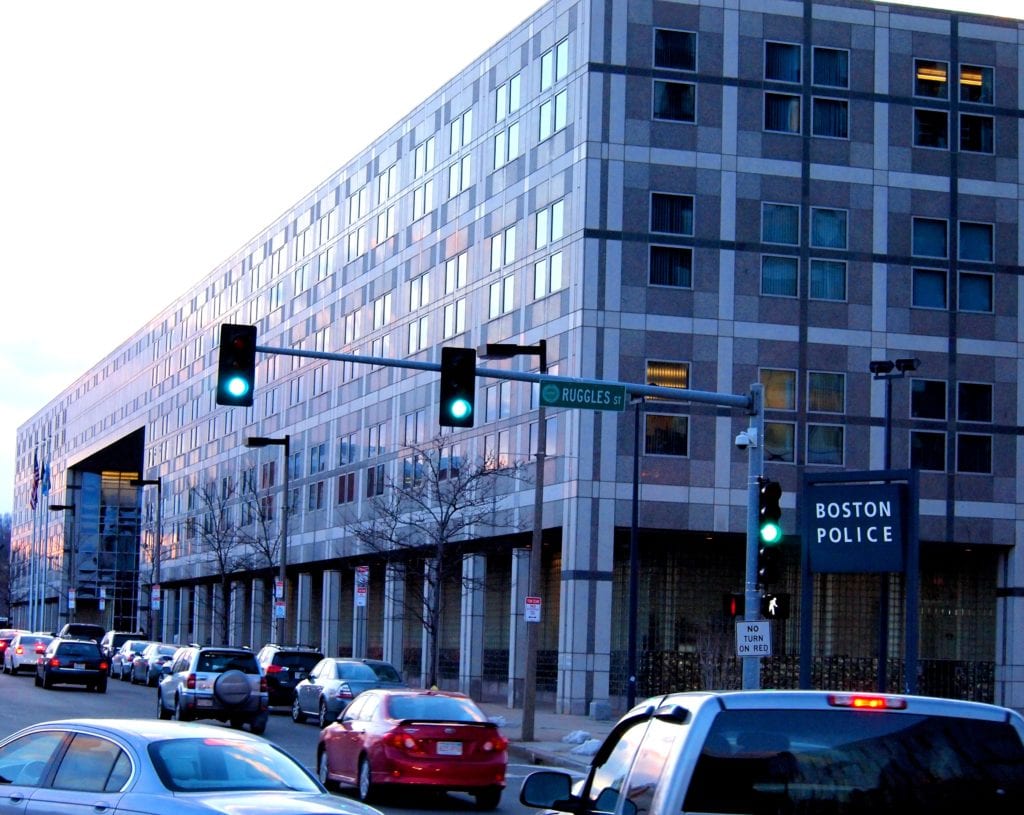
Yawu Miller
When an analysis of Boston police stops last year showed that blacks are disproportionately observed, stopped, questioned and searched by BPD officers, Police Commissioner William Evans told reporters the department would be more open and transparent.
“We want to be as transparent as we possibly can,” Evans told the Boston Globe back in July. “The number of [observations and stops] are continually going down, our arrests are going down, and at the same time, our crime rate is going down. . . . I’m not saying we’re perfect. I’m suggesting we’re working on it.”
While crime rates have gone down, as Mayor Martin Walsh pointed out during his State of the City address Tuesday, the latest data from the Police Department’s Field Intelligence Observation Report database, released in December after an ACLU lawsuit, suggests the number of police observations and stops is continuing apace.
And as for BPD transparency?
Attorneys with the Lawyers’ Committee for Civil Rights and Economic Justice think there’s room for improvement. The agency filed a lawsuit today seeking public records on 1. hair testing — a drug screening process that has been shown to produce higher rates of false positives with blacks — and 2. the demographic makeup of the current Boston Police recruit class. The Massachusetts Association of Minority Law Enforcement Officials made the same request last year, with no response.
“To be accountable to the community, the Boston Police Department must be transparent,” stated Iván Espinoza-Madrigal, executive director of the Lawyers’ Committee in a press statement. “Diversity and community representation in the police force is a critical issue, and the public has a right to know the impact of BPD’s employment practices on blacks, Latinos and other minority groups.”
Massachusetts Public Records Law requires government agencies to provide access to public records within ten days of a request. But reporters, civil rights organizations and others seeking information from the police department have routinely faced interminable delays in obtaining records.
The Lawyers’ Committee request comes after the Massachusetts Civil Service Commission ruled in 2013 that the BPD did not have grounds to fire a black officer on the basis of hair test results alone. A federal judge upheld that ruling in 2014.
“Recent court and agency decisions have demonstrated that BPD’s employment practices are neither fair nor even-handed,” stated Oren Sellstrom, Litigation Director of the Lawyers’ Committee.






